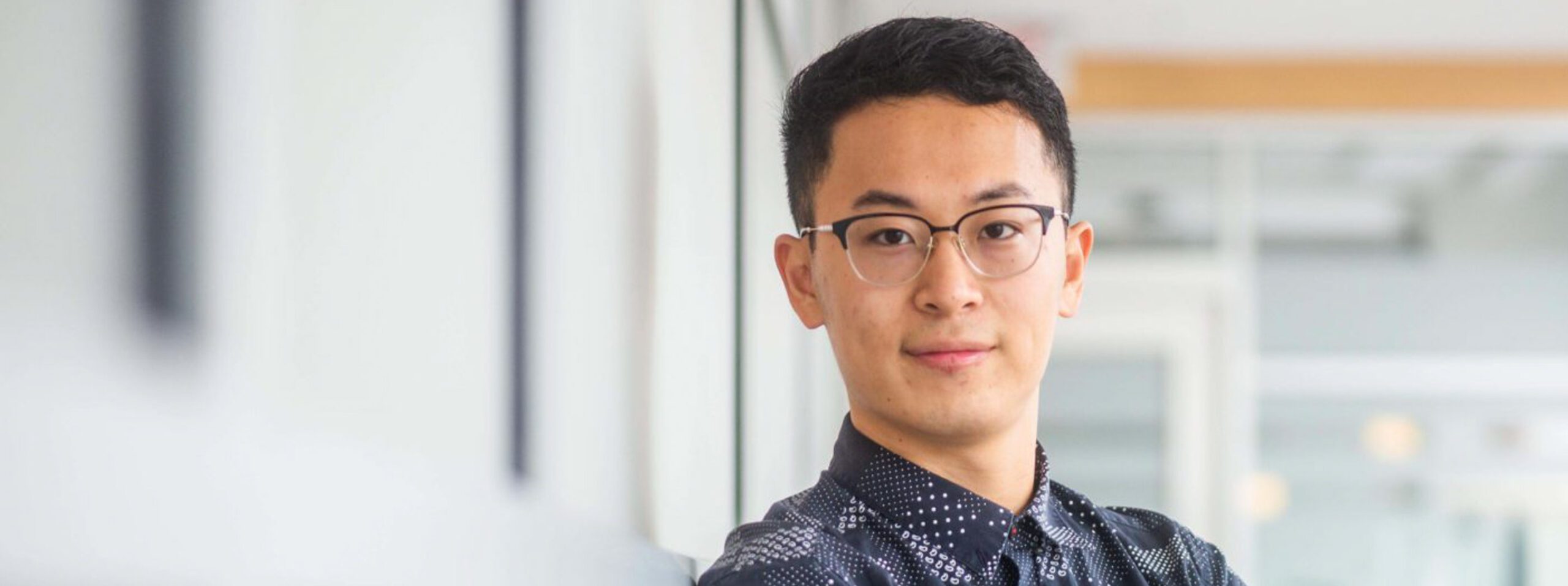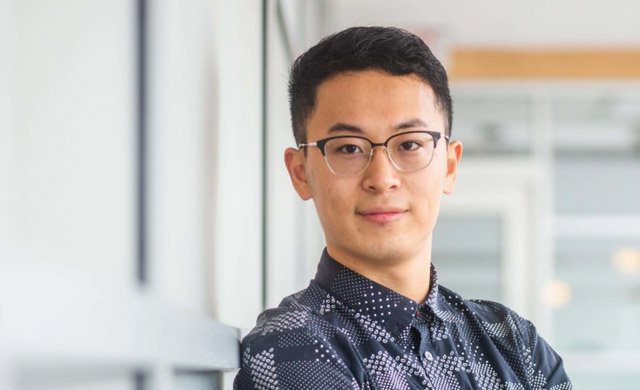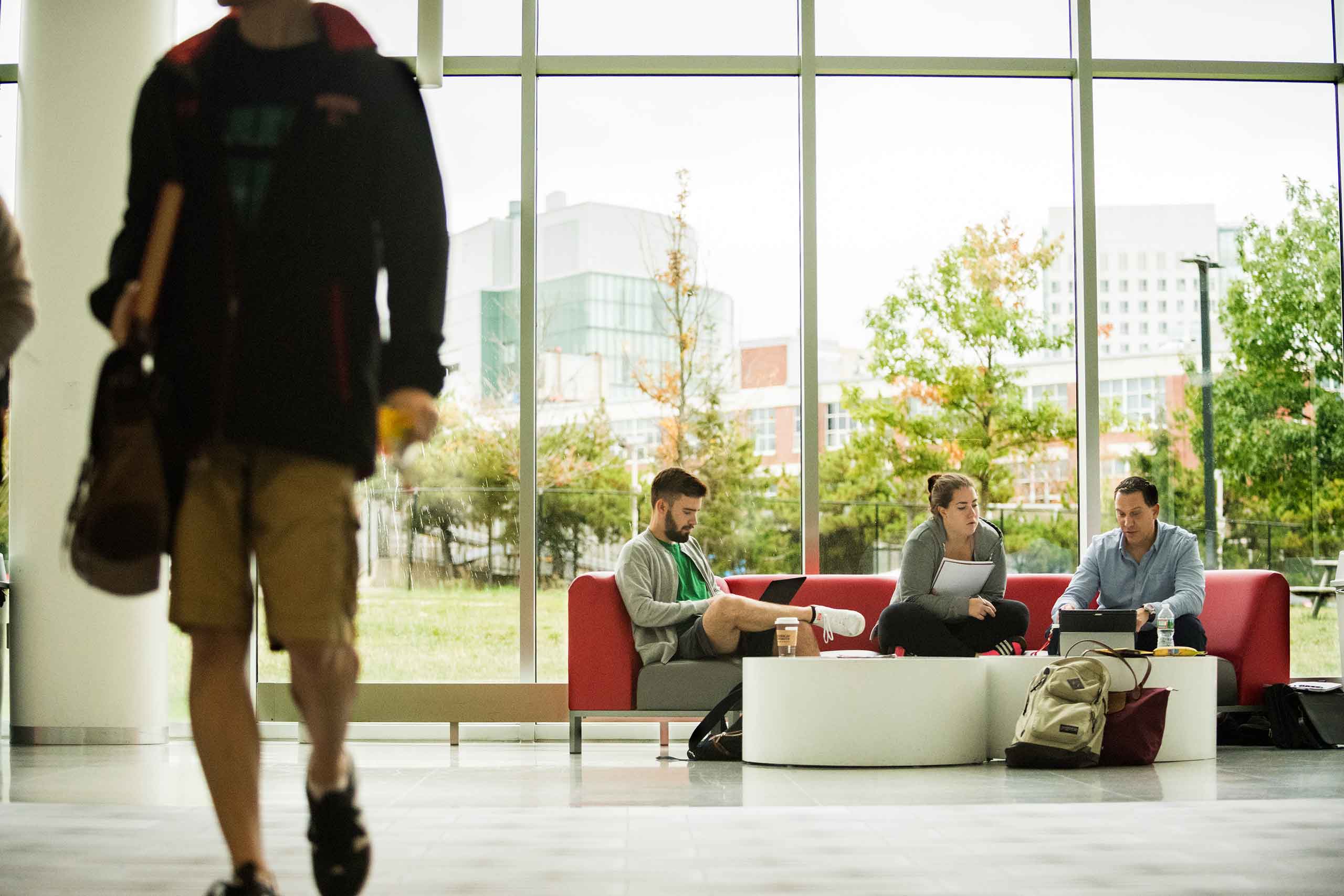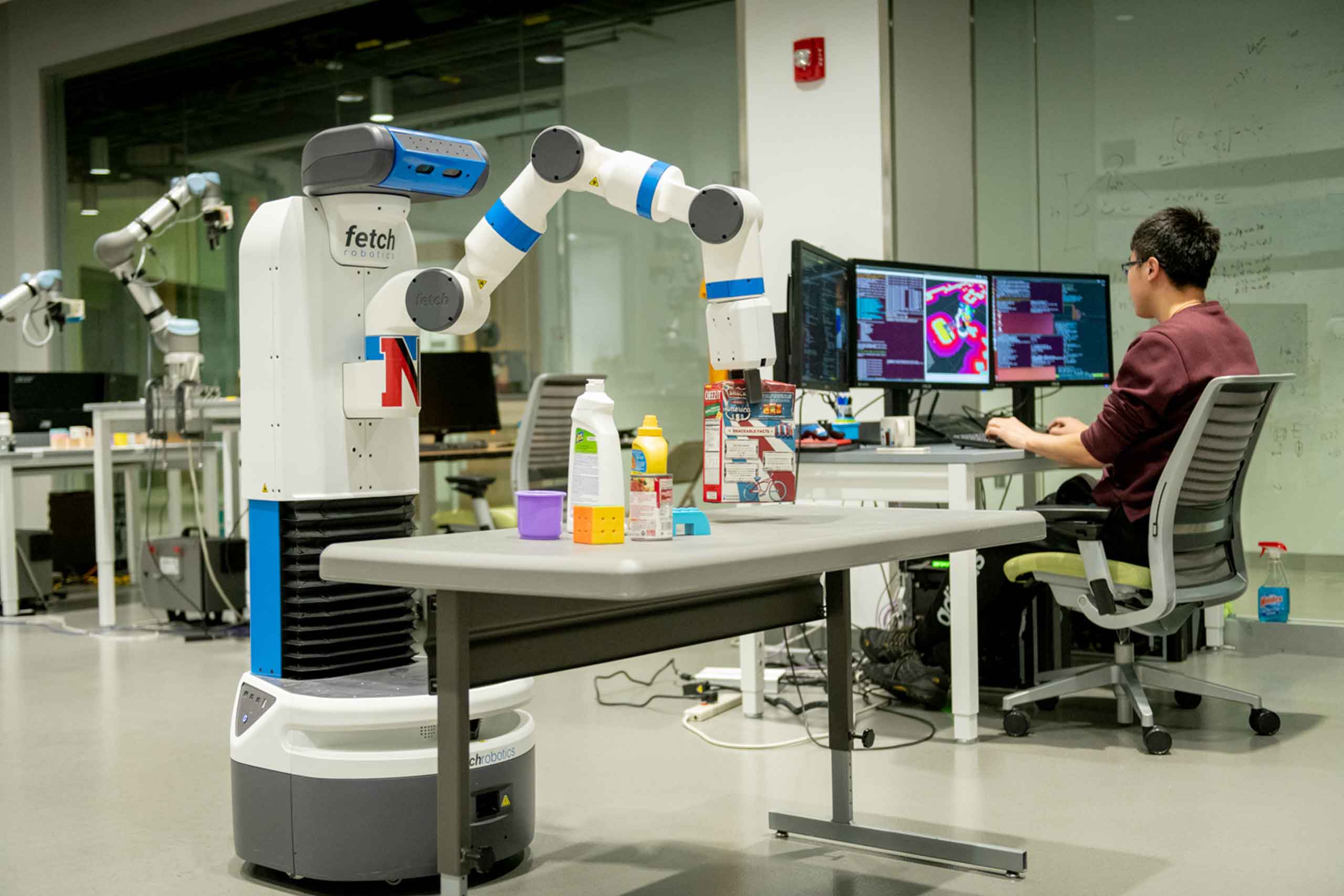

Linfeng Zhao










Linfeng Zhao is a first-year CS Ph.D. student advised by Prof. Lawson Wong at Khoury College of Computer Sciences of Northeastern University. He works on machine learning, robotics, and artificial intelligence, and is also motivated by computer vision and natural language.
During his undergraduate studies, he interned at Microsoft Research Asia on machine learning. Before that, he spent the defining time at UC San Diego and worked with Prof. Hao Su on machine learning and computer vision. He spent the first two years at Northeastern University in China and worked with Prof. Yuan Liu for his B.E in software engineering.
A general problem I care about is learning general and abstracted knowledge from the world, as well as representing and applying the learned knowledge in simulated or real-world environments. Specifically, I am focusing on learning abstracted state representation and structured dynamics model in reinforcement learning for various applications.
I would like to research and discover fundamental rules that are independent of human wills, such as the nature of intelligence. For me, artificial intelligence is a fascinating and ambiguous mission since it cares about unveiling general rules behind human intelligence, as well as understanding or even creating general intelligent agents. I think robotics is a platform that bridges the problems in artificial intelligence to current advances in machine learning.
It would be great to contribute to real-world applications and truly change some things. I believe the creative mind, magical engineering, as well as properly designed theories make them possible.
Linfeng Zhao is a first-year CS Ph.D. student advised by Prof. Lawson Wong at Khoury College of Computer Sciences of Northeastern University. He works on machine learning, robotics, and artificial intelligence, and is also motivated by computer vision and natural language.
During his undergraduate studies, he interned at Microsoft Research Asia on machine learning. Before that, he spent the defining time at UC San Diego and worked with Prof. Hao Su on machine learning and computer vision. He spent the first two years at Northeastern University in China and worked with Prof. Yuan Liu for his B.E in software engineering.
A general problem I care about is learning general and abstracted knowledge from the world, as well as representing and applying the learned knowledge in simulated or real-world environments. Specifically, I am focusing on learning abstracted state representation and structured dynamics model in reinforcement learning for various applications.
I would like to research and discover fundamental rules that are independent of human wills, such as the nature of intelligence. For me, artificial intelligence is a fascinating and ambiguous mission since it cares about unveiling general rules behind human intelligence, as well as understanding or even creating general intelligent agents. I think robotics is a platform that bridges the problems in artificial intelligence to current advances in machine learning.
It would be great to contribute to real-world applications and truly change some things. I believe the creative mind, magical engineering, as well as properly designed theories make them possible.











